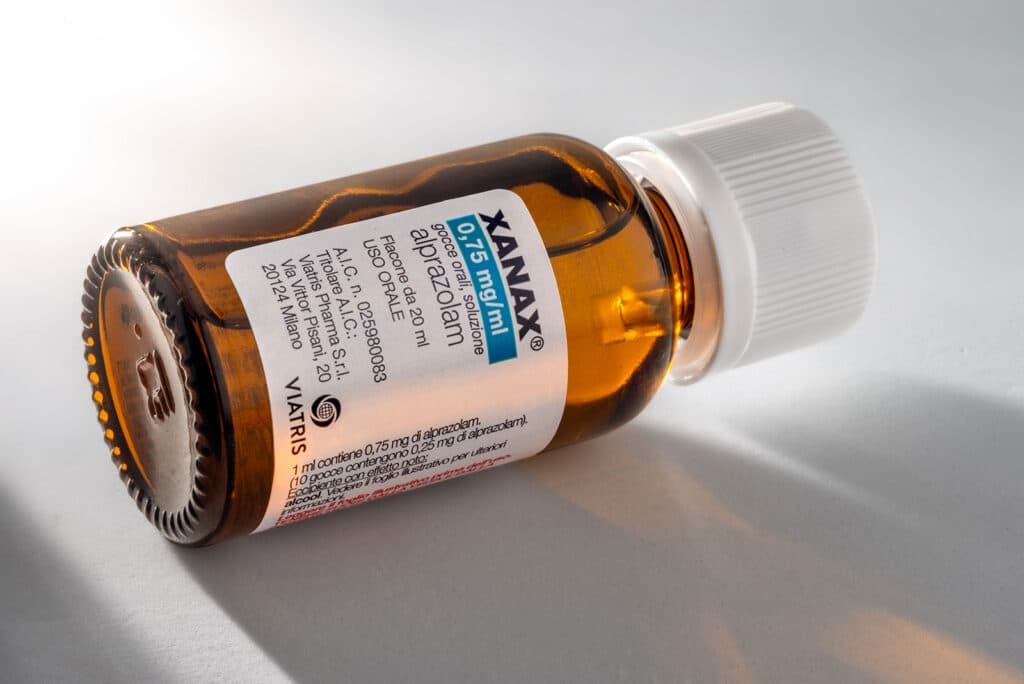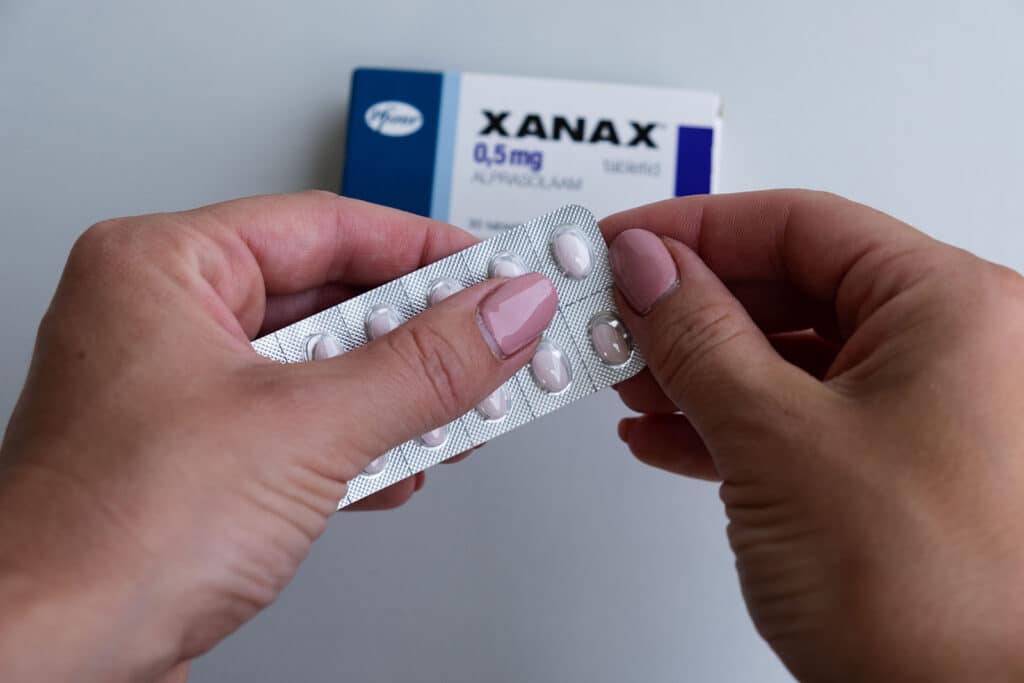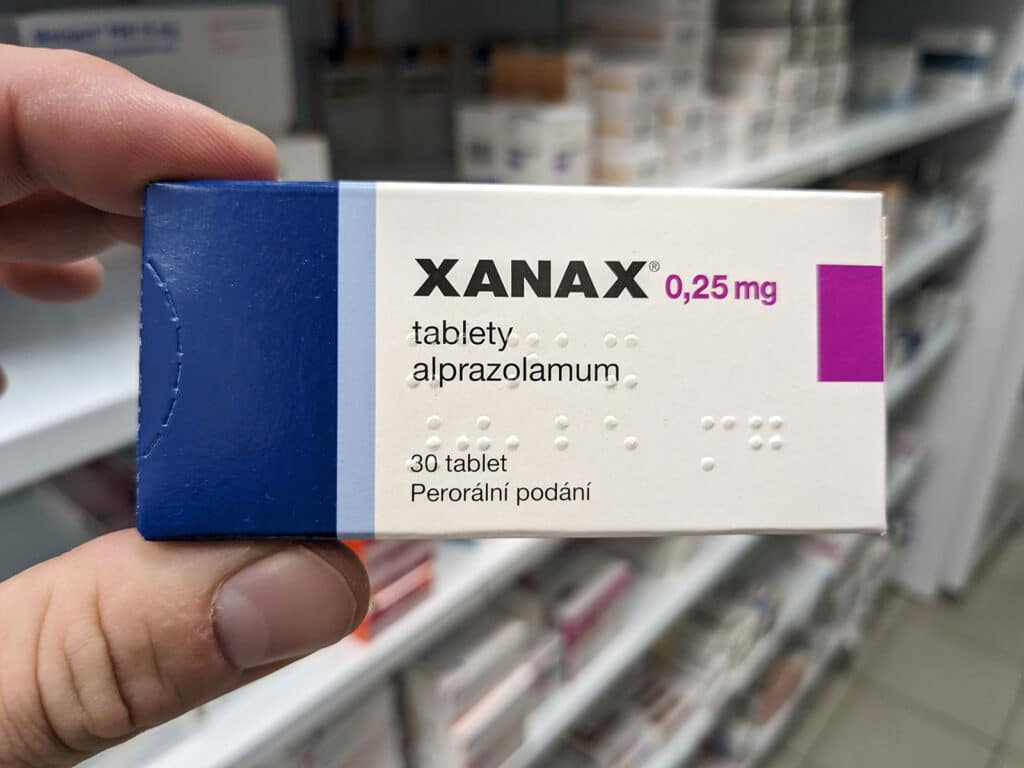Xanax—the brand name for alprazolam—is one of the most well-known prescription medications used to treat anxiety disorders, panic disorder, and agoraphobia. It belongs to the benzodiazepine class, which affects the central nervous system by enhancing the activity of GABA, a calming neurotransmitter.
But as demand for fast-acting mental health relief increases, many people ask:
Can you get Xanax without a prescription (Rx)?

Let’s explore the medical, legal, and safety aspects of this important question.
The Short Answer: No, You Should Not Get Xanax Without a Prescription
Xanax is a controlled substance regulated by the Food and Drug Administration (FDA) and the Drug Enforcement Administration (DEA). In the U.S., it is illegal to obtain or use Xanax without a prescription from a licensed healthcare provider.
Why Is Xanax a Prescription Drug?
Due to its strong effects on the nervous system and its potential for addiction, Xanax is classified as a Schedule IV drug under the Controlled Substances Act.
Conditions it treats (with a prescription):
- Generalized anxiety disorder (GAD)
- Panic attacks
- Agoraphobia
- Occasionally used short-term for insomnia or acute stress

Risks of Getting Xanax Without a Prescription
Trying to buy Xanax online, get it from a friend, or source it through non-medical channels comes with serious dangers, including:
1. Counterfeit Pills
Unregulated sources may sell pills laced with fentanyl or other life-threatening substances.
2. No Medical Supervision
Without guidance from a prescriber or healthcare professional, users may take higher doses than needed, increasing the risk of:
- Drowsiness
- Cognitive impairment
- Loss of coordination
- Sex drive changes
- Physical dependence
3. Addiction and Withdrawal
Long-term or high-dose use can lead to Xanax addiction and severe withdrawal symptoms like:
- Insomnia
- Anxiety spikes
- Seizures
- Suicidal thoughts
4. Dangerous Interactions
Combining Xanax with opioids, alcohol, or certain medications like ketoconazole or itraconazole can cause life-threatening respiratory depression.

What to Do Instead: Safe and Legal Alternatives
If you’re struggling with anxiety, panic attacks, or other mental health conditions, there are legal, safe, and effective treatment options:
✔️ See a Healthcare Provider
A licensed doctor or psychiatrist can:
- Assess your symptoms
- Prescribe Xanax if appropriate
- Discuss short-term vs. extended-release forms
- Monitor side effects and progress
✔️ Consider Non-Benzodiazepine Alternatives
Depending on your condition, your provider may recommend:
- Antidepressants (like SSRIs or SNRIs)
- Ativan (another benzodiazepine)
- Therapy (CBT is highly effective for anxiety)
- Lifestyle changes, supplements (with guidance), or detox in extreme cases
✔️ Insurance Coverage
Medicare, Medicaid, and most insurance plans cover mental health consultations, medication, and treatment programs.

Final Thoughts: Getting Xanax the Right Way
Xanax is not available over-the-counter, and any attempt to obtain it without a prescription is not only illegal—it’s potentially life-threatening.
Instead of taking risks with unauthorized sources, speak to a qualified healthcare provider about a treatment plan tailored to your needs. With the right support, recovery from anxiety and panic disorder is possible—safely and legally.
If you or a loved one is experiencing signs of Xanax addiction or substance abuse, contact a certified treatment center or mental health professional immediately.









